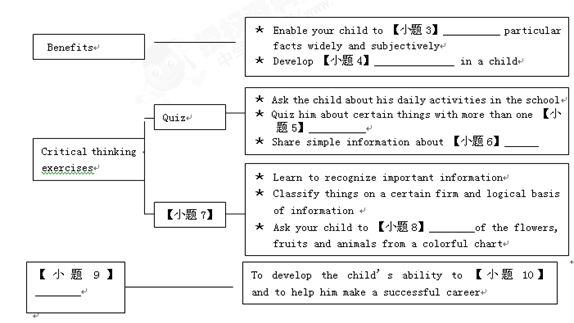题目内容
He does ______ in physics this term than last term.
- A.much more
- B.much better
- C.many more
- D.far less
B

练习册系列答案
 应用题作业本系列答案
应用题作业本系列答案
相关题目
21. Whether you believe what he said _________ what he does in the future.
|
A.lives on |
B.depends on |
C.calls on |
D.carries on |




